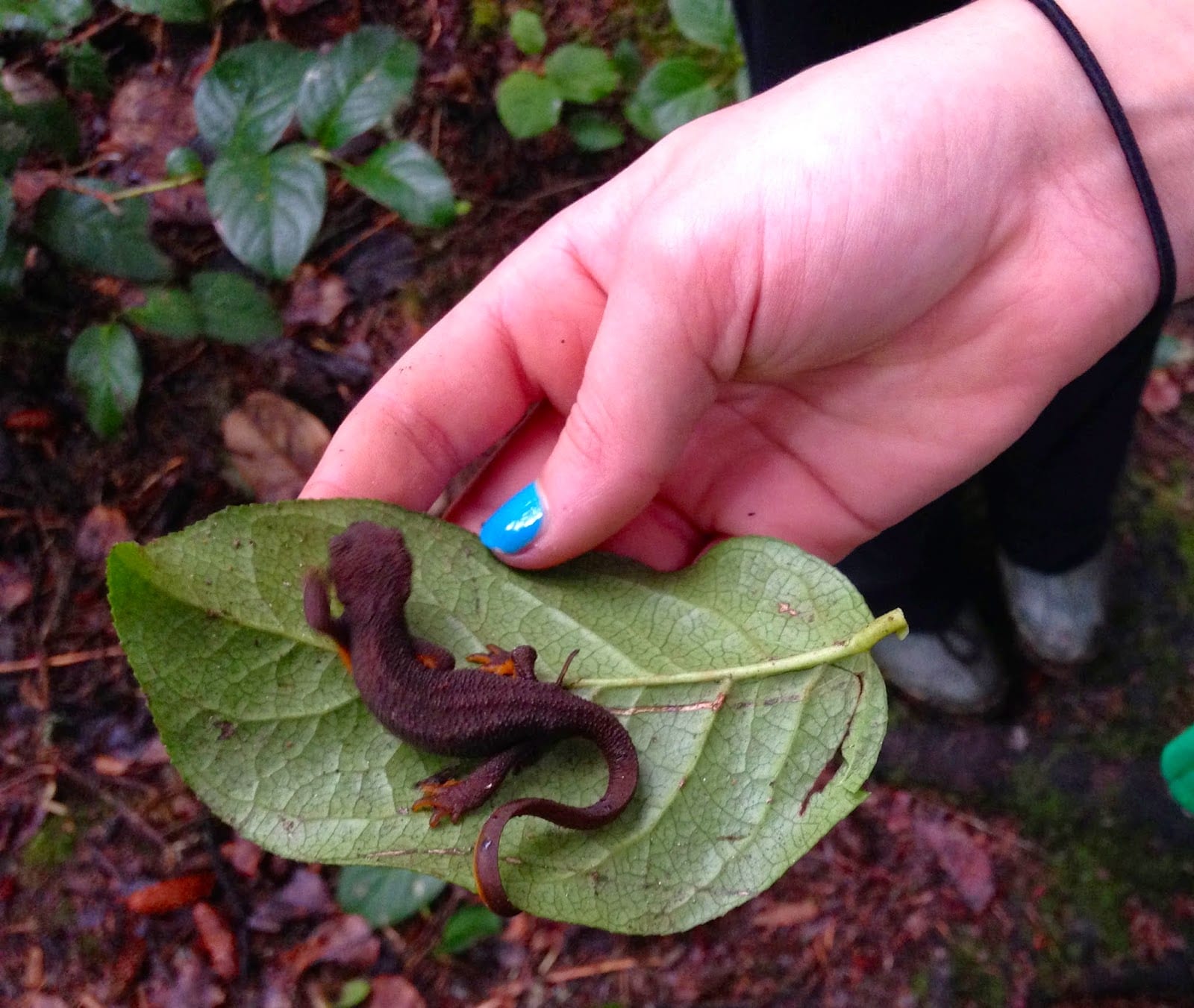Jon Krakauer’s Missoula: Rape and the Justice System in a College Town
The New England Prep School rape case
Peggy Orenstein’s latest book, Girls & Sex
Sex trafficking rates skyrocketing
The advertising phrase (and perhaps its most bedrock belief) “sex sells”
I could go on, but I think you’ll get the point. I’ve written here many times about rape culture and Sex Ed and I have very, very strong opinions, both as a sex assault survivor and as the mother of two daughters. But more than that, I am concerned for the way our entire culture treats the topic of sex because I think that from a very young age we are taught that sex is, first and foremost, a commodity, and secondly (sadly, a distant second for many, many people), an act of affection and/or love between individuals.
Long before most parents even consider broaching the subject of sex and sexuality with their children, they are bombarded by slick magazine ads, television shows, movies, and books that depict sex as a commodity, as something that we all ought to want and that we can buy our way into. There are many young people who are taught by older children or adults that their sexuality is something that can “buy” affection or special favors. Parents who prostitute their children are not only profiting financially, but they are teaching their children that sex has power and if you want money – or if you have it – you need only sell yourself. Many teenagers, both girls and boys, have a deep understanding of sexual favors – there are those who purchase social capital by giving blow jobs or hand jobs to others and those already in power who cement their status by receiving those favors.
Even if these kids do get “Sex Ed” in school, it is largely mechanical in scope, outlining anatomical features and talking about how pregnancy happens and how to avoid STDs. By the time they are adults, very few of them have an understanding of sex as something that is theirs to define – that they have every right to engage in it with an expectation of pleasure as opposed to some “reward.” Our American notion of “sex” is a very transactional one that is often one-sided. By the time we have the courage to really talk to our kids about sex (if we ever do), there is so much damage to undo that it feels overwhelming. And for children who learn early on, through abuse or sex trafficking, that sex is a tool, it is possible that their fundamental understanding of this act that is supposed to make their lives more whole has been forever damaged. How do you undo the notion that the person with more (power, control, money, status) has the right to obtain sex from the one with less when that is what you are shown in so many different ways over and over, nearly from the time you were born?
When girls are raised with the idea that their power lies in their ability to grant or withhold sex (the most egregious example of this I’ve heard of recently was Spike Lee’s latest movie Chi-Raq), it is damaging to their ability to see sex as something that is more intrinsically rewarding. When they are surrounded by images of women who are sexually provocative and who are praised for it (Kim Kardashian’s nude Instagram photos, anyone?), they are taught that sex is a tool, and that it ought to only look one way or it isn’t right.
When boys are raised with the notion that the more sex they have, the more masculine they are, it is equally damaging. Because, in our culture, they are born with more power at the outset, when they are presented with the idea that sex is a commodity, it isn’t much of a mental leap to imagine taking sex when they want it, simply because they can. When we set sex up to be about power, we can expect rape to follow along shortly. When business lunches are conducted in strip clubs and sex trafficking rates rise sharply during the Super Bowl, you can be sure that we have embraced sex as a commodity.
The question is, are we willing to live with the consequences of that or can we start talking to our young people about what else sex might be, instead?


 *
*




